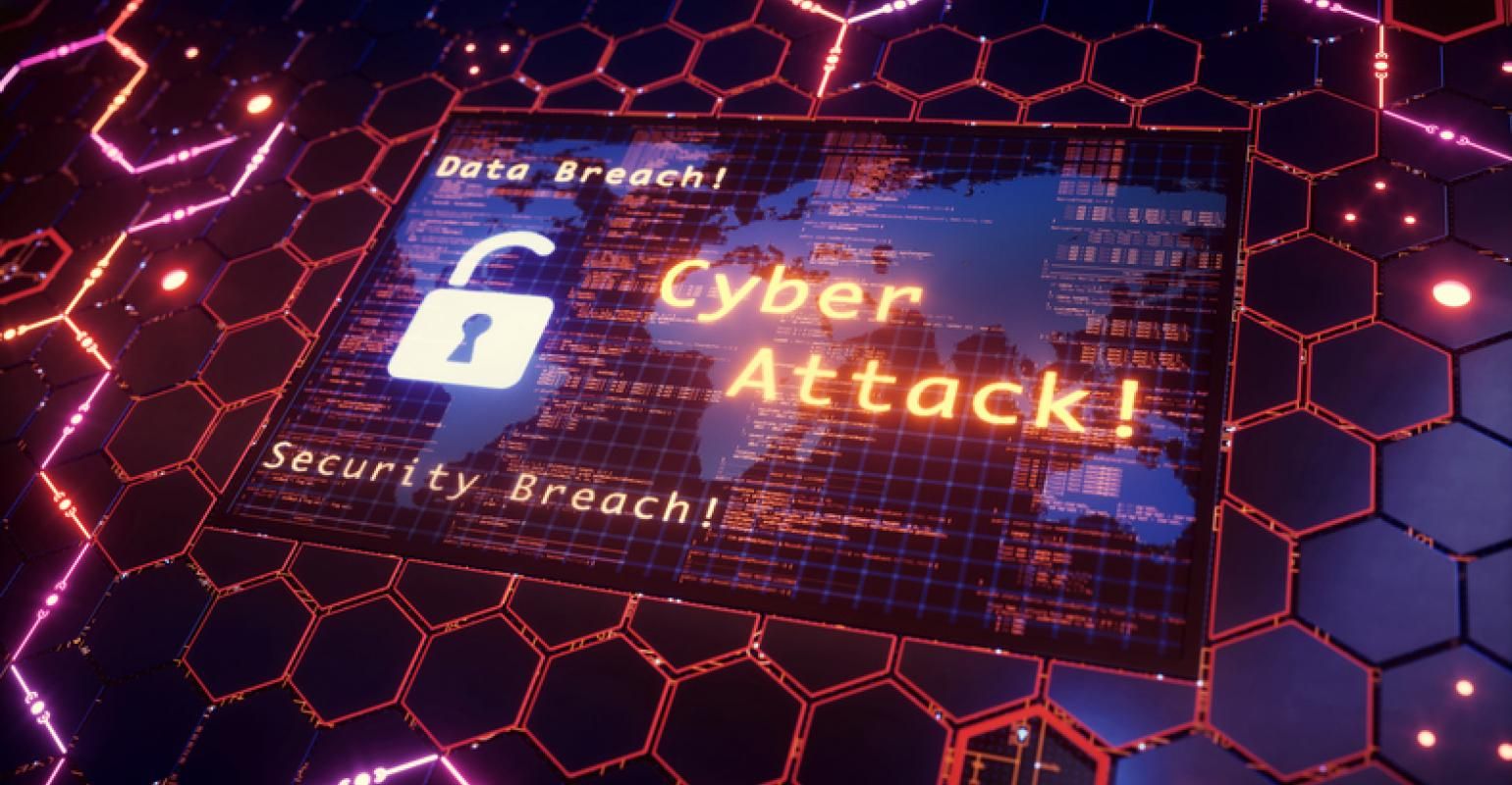
Inquiry
Cybersecurity for Renewable Energy Systems: A Growing Concern
In this article, we will explore the importance of cybersecurity for DERs and discuss the measures that are being taken to ensure the safety and security of our energy systems.
The Rising Threat of Cyberattacks
Recent cybersecurity breaches in Australia targeting major corporations have highlighted the increasing threat of cybercrime. Whether it is state actors, criminal organizations, or individuals with malicious intent, the global cost of cybercrime is reaching trillions of dollars. The movie "Live Free or Die Hard" might have portrayed attacks on the electricity grid as fictional, but the real-life cyberattack on the Ukrainian power grid in 2016 had serious consequences, leaving hundreds of thousands of people without power.
Protecting the Australian Grid
In light of these risks, Australia must take proactive measures to protect its energy systems. The government has made significant efforts in this area, introducing the Security of Critical Infrastructure Act 2018 (SOCI Act). This legislation applies to various sectors, including hospitals, food distribution, and payment systems, which are considered "critical infrastructure" by the Federal Government. It imposes practical obligations on organizations, such as reporting incidents to the government and adhering to security and resilience standards.
Electricity utilities have also been vigilant in safeguarding their internal systems from cyber threats daily. While they have been successful so far, with no major disruptions to the power system, the landscape is changing. The increasing reliance on customer-owned DERs, such as solar PV, batteries, and EVs, presents new challenges and a higher likelihood of system-level disruptions.
Securing Customer-Owned DERs
To address these concerns, it is essential to secure customer-owned DERs. Taking simple steps such as securing Wi-Fi networks and using strong passwords can go a long way. More advanced solutions like Public Key Infrastructure (PKI), Two-factor Authentication (2FA), and Zero Trust Architecture are also options. However, it is important to consider that many households owning these devices do not have the support of a dedicated cybersecurity team, making it crucial for governments and industry players to work together to relieve the burden on consumers.
Collaborating for a Secure Future
The challenges of securing a wide range of customer and privately owned devices remain complex, and the responsibility lies with governments, networks, original equipment manufacturers, and industry stakeholders to address these issues. By proactively working together, we can ensure the safety and reliability of our energy systems in this increasingly digital and interconnected world
For more relevant information, subscribe to ACE Battery.
Our expert will reach you out if you have any questions!


